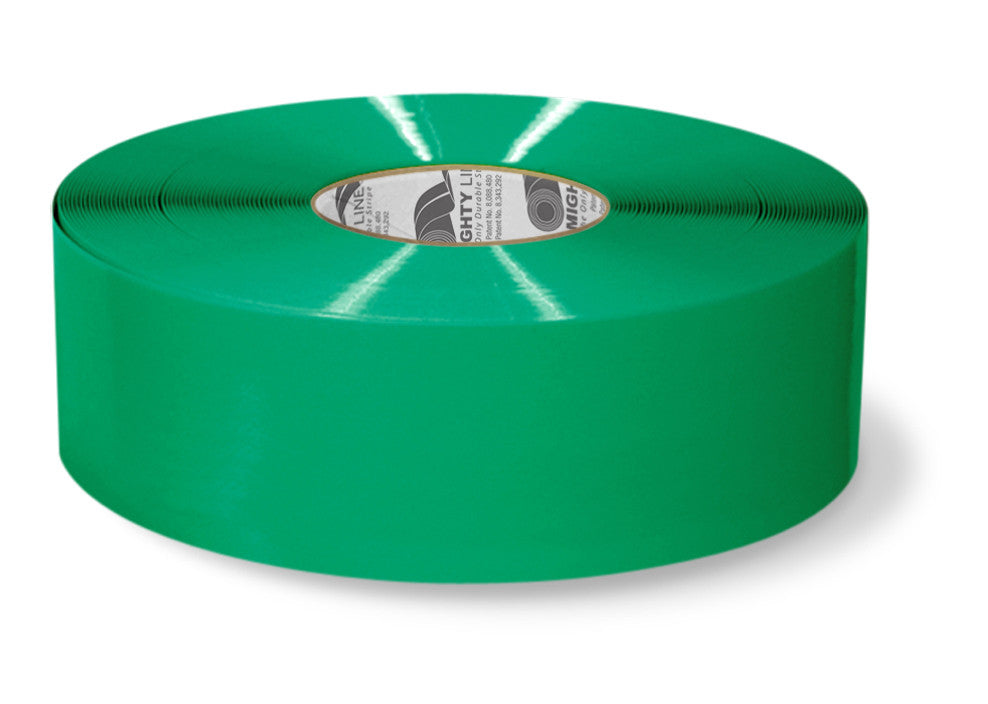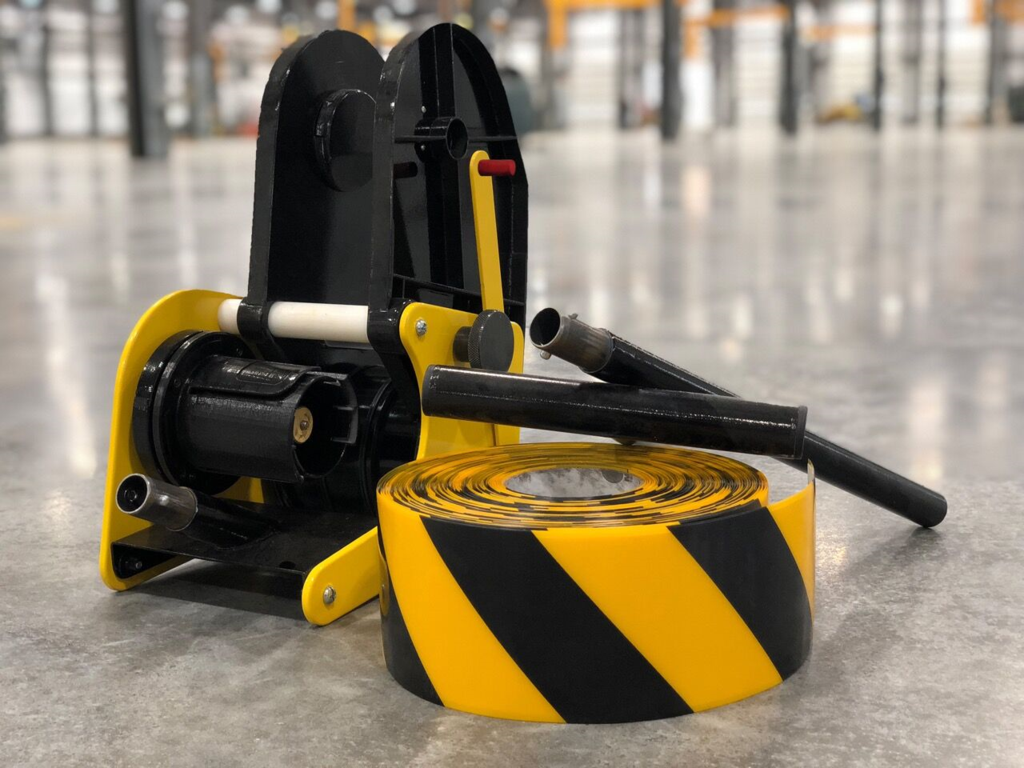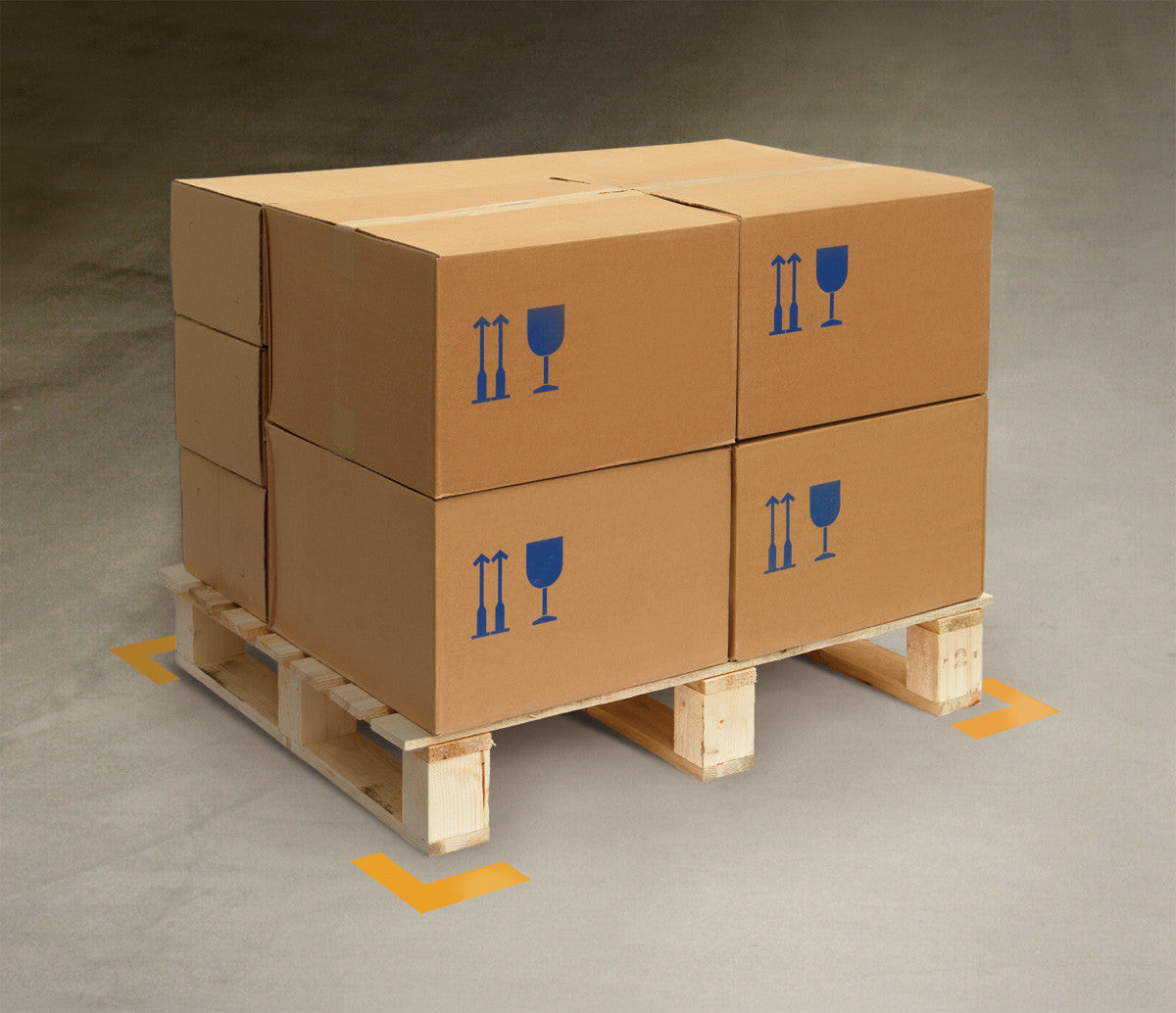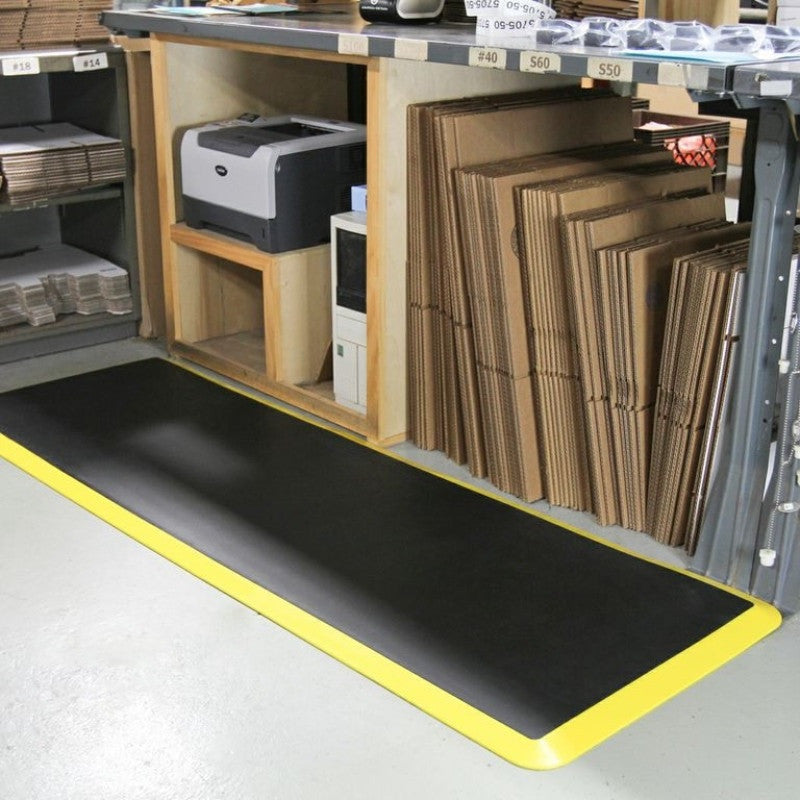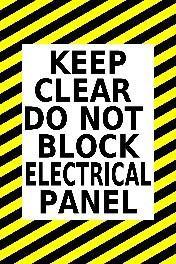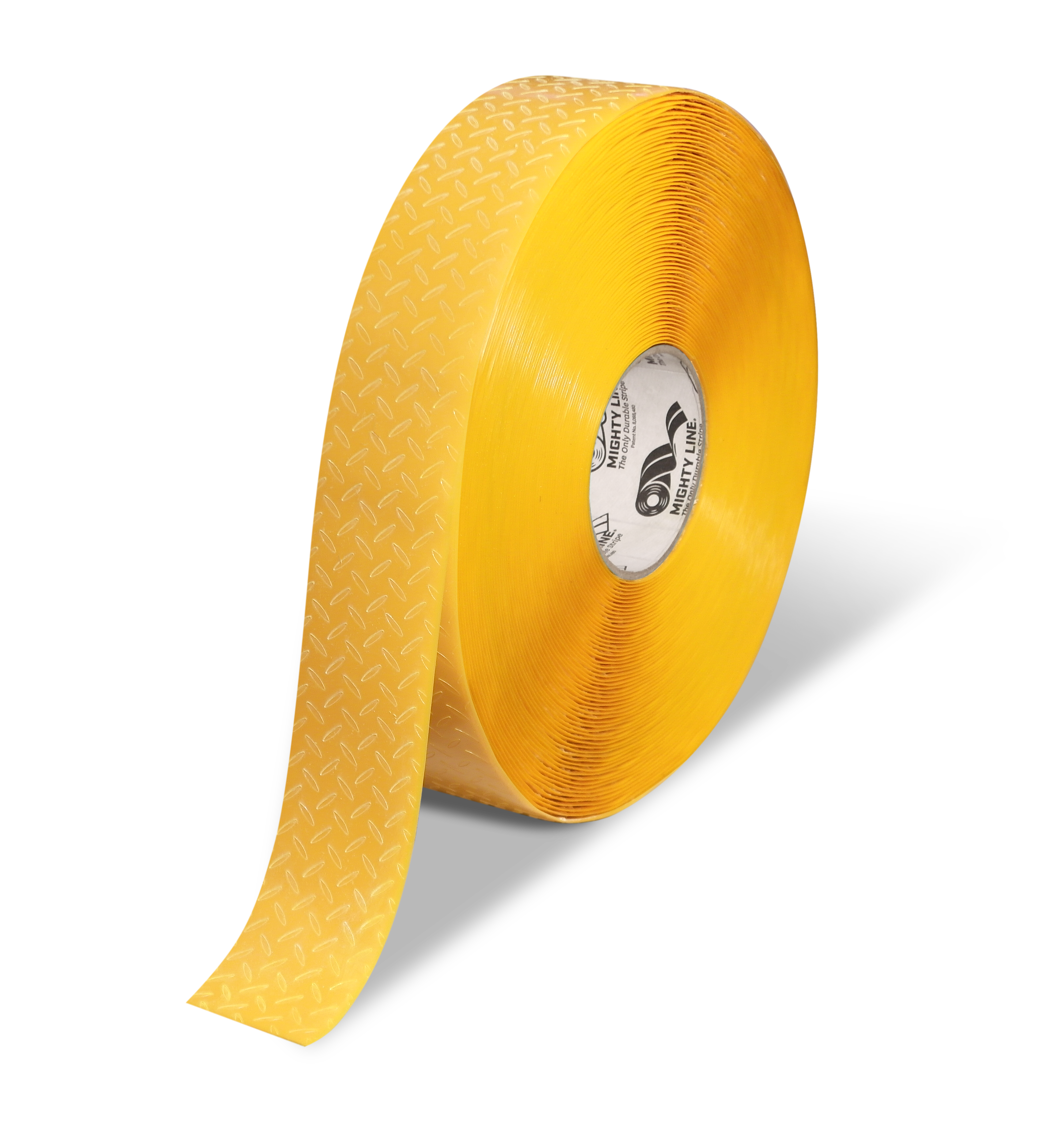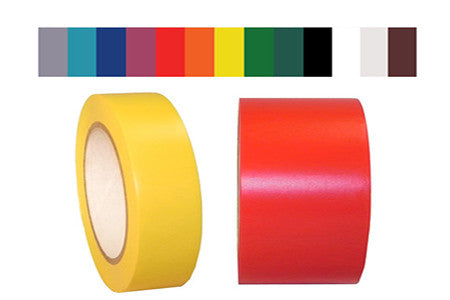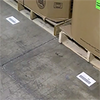Summer is here, which means most of us will be working in even hotter environments both indoors and outdoors than in previous months. Those working in occupations that involve exposure to extreme heat need to be even more aware of the dangers the warmer weather brings. Some of those dangers and what you can do to prevent heat prone accidents are below.
The Analysis of Heat Exposure
First, let’s look at the analysis behind heat exposure. When the environment’s heat beats the body’s core temperature, the body increases blood circulation to the skin and releases moisture through sweat. If the body can’t get rid of excess heat quickly enough, its core temperature will continue to rise and heart rate will increase. If this process of overheating continues, your body’s reactions can become impaired.
Workers who are beginning to show signs of heat exhaustion may not realize it because their judgment is in question, and this is where heat-related illness and increased chances for accidents and injury can occur. If the heat exhaustion is not recognized and treated, the worker’s condition will begin to decline into more severe heat stroke.
Identifying the Signs
Noticing the warning signs of overexposure is critical to preventing serious injury or even death. Symptoms of heat exhaustion include pale skin, unreasonable sweating, headache, dizziness, and blurred vision. In cases of more severe heat stroke, the skin reddens, there is no sweating and speech may be irrational.
Responding to Heat Exhaustion
If you feel you are experiencing the effects of heat exhaustion, take these actions:
- Find somewhere cool to rest.
- Remove jackets, sweaters or heavy clothing.
- Drink plenty of fluids.
- See a doctor as soon as possible.
Responding to Heat Stroke
If more serious heat stroke is suspected, you are encourages to take these actions immediately:
- Find a cool, shaded place to rest.
- Call 911 immediately.
- Aggressively cool the body with sponging or a shower.
- Do not take anything orally, including water. With heat stroke, the body is effectively shutting itself down.
Heat Overexposure Prevention
Here are some tips for avoiding overexposure to heat:
- Hydrate before, during, and after exposure.
- Eat foods high in potassium.
- Take salt tablets to help keep fluids.
- Wear clothing that helps your body to stay cool. If possible wear breathable microfiber clothing.
- Wear light colored clothing, which absorbs less heat.
Managers should ensure that workers are properly trained in reducing the risk of heat exposure and how to recognize it in others. Schedule shifts with frequent breaks and provide access to hydration. If workers are inside, provide ventilation.
Stay cool. Don’t let the summer weather increase your risk for exposure to extreme heat.



